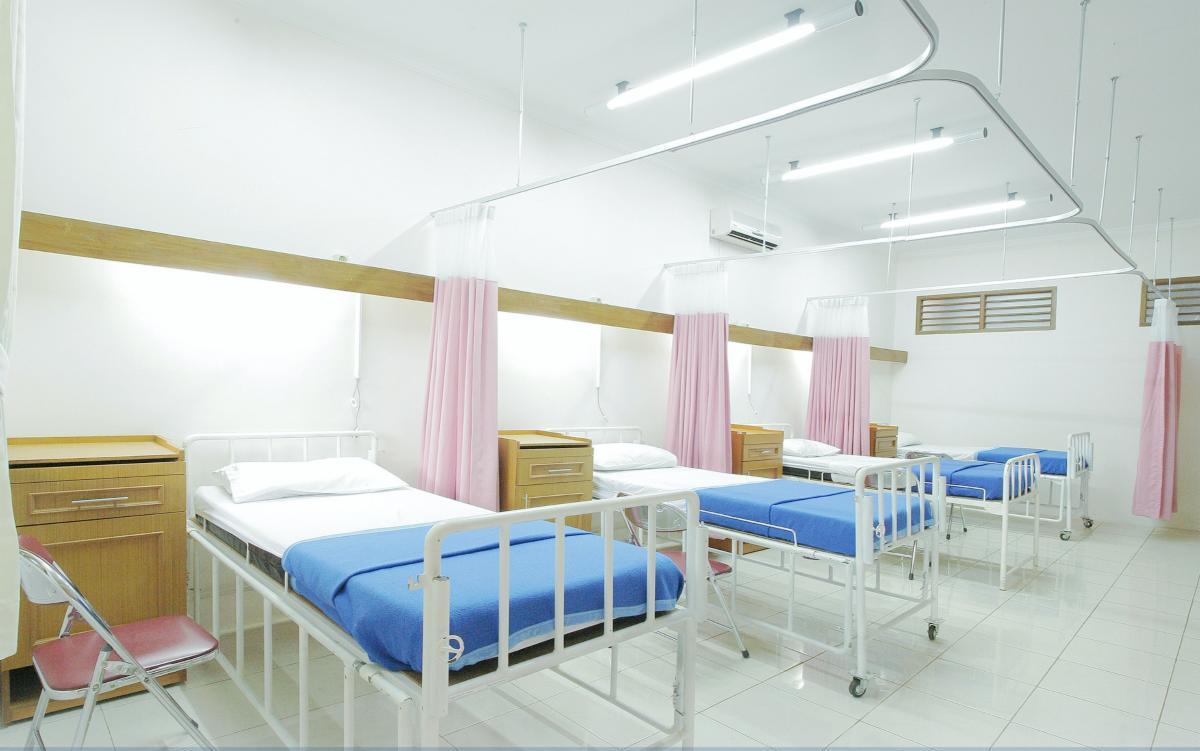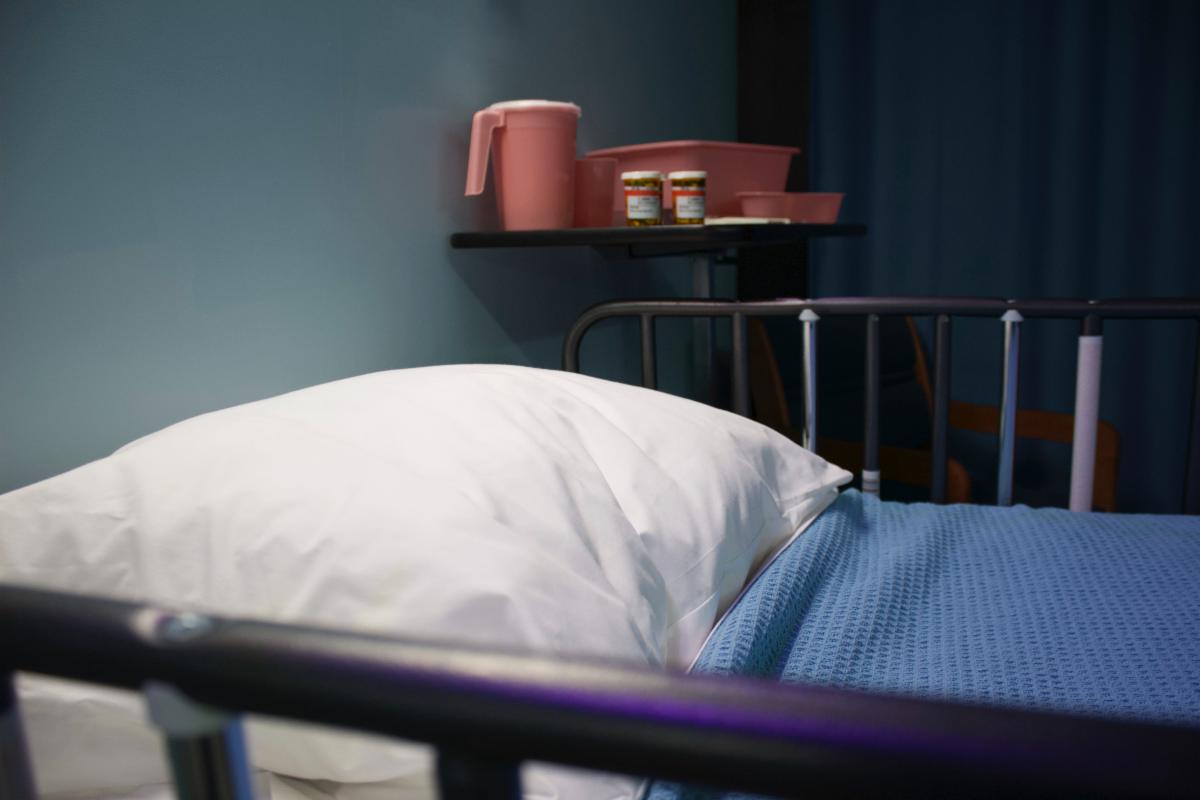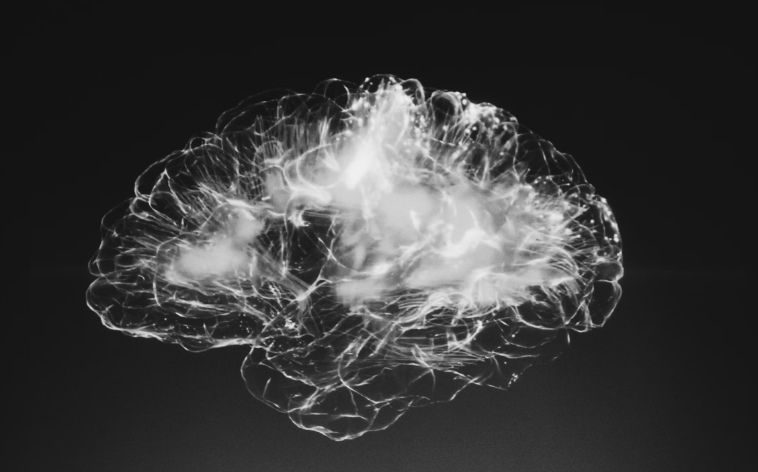Preventable Tragedies: Homelessness
Homelessness can be a tragic outcome of untreated severe mental illness (SMI). People with SMI are more likely to experience chronic homelessness and to be unsheltered living on the streets. Homelessness of people with SMI is especially acute and visible in the nation’s major cities like San Francisco, New York, and Los Angeles, where local policymakers are desperate for solutions.
The state of homelessness for people with SMI
The exact number of people with severe mental illness who are experiencing homelessness is difficult to determine. Conservative estimates suggest a minimum of one in three of single adults experiencing homelessness have a severe mental illness, with higher estimates depending on the definition or location of study.
people with SMI were experiencing homelessness in 2022.
of individuals experiencing homelessness with SMI are unsheltered.
of individuals with SMI experiencing homelessness have faced violent victimization.
Individuals with SMI experiencing homelessness are two times as likely to end up incarcerated.
Factors contributing to homelessness among individuals with SMI
Many factors contribute to homelessness among people with SMI. However, Treatment Advocacy Center has identified three causes that are the most prominent:
- Lack of affordable housing — It is estimated that the United States is seven million units short of affordable housing. While this is a major problem for all communities, it disproportionately affects people with severe mental illness, as many people in this population experience poverty. One study found that 39% of the link between mental illness and homelessness can be explained by financial strain.
- Lack of treatment — The United States has a severe shortage of public psychiatric beds, with only 11.7 beds per 100,000 people as of 2016. Without access to a full continuum of psychiatric care, people with SMI often fall through the cracks and are left untreated or undertreated. Additionally, up to 50-60% of people with severe mental illness have a condition called anosognosia, or a lack of insight into their illness. This means that even if psychiatric treatment is available, some individuals refuse to engage with it and may experience long durations of untreated psychosis. This can lead individuals to deteriorate, strain relationships, result in job loss, or the loss of housing, which all can result in homelessness.
- Lack of accessibility for residential programs and supportive housing — Some individuals need long-term care that is less intense than inpatient psychiatric facilities, but they may not be ready to live completely independently. While residential programs and supportive housing can help meet these needs, finding and applying for appropriate programs that have spots available can be challenging. Without access to these programs, many individuals with severe mental illnesses have no other form of available, accessible, and appropriate housing and may become homeless.











